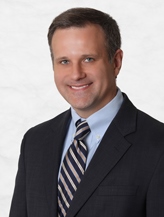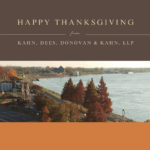Last December, the National Labor Relations Board (“the Board” or “NLRB”) issued a controversial new rule changing drastically how union elections will be conducted.
The rule dramatically shortens the time between the filing of a certification petition and the secret ballot election. Although the rule does not mandate that an election occur within a certain period of time, it overhauls the procedures governing elections in such ways as to reduce campaign time to as few as 21 days, according to some predictions.
For example, the rule eliminates pre-election evidentiary hearings and defers decision on virtually all issues relating to appropriateness of units and voter eligibility that have typically been decided at the pre-election stage.
The new rule also expands the scope of employees’ personal information employers are required to disclose to unions in voter eligibility lists known as “Excelsior lists.” Specifically, the Board will require that telephone numbers, including mobile phone numbers, and email addresses, if available, be included along with employees’ names and addresses. In addition, the NLRB will require that the employer disclose the employee’s work location, shift and classification.
The new rule is set to become effective April 14, 2015, although the U.S. Chamber of Commerce and other organizations have filed suit in federal court in the District of Columbia, asking that court to vacate the rule.
For more information, please contact Mark McAnulty at mmcanulty@KDDK.com or (812) 423-3183; or contact any member of the KDDK Labor and Employment Law Practice Team.
About the Author

Mark A. McAnulty, a partner at Kahn, Dees, Donovan & Kahn, LLP, in Evansville, Indiana, practices labor and employment law, and is a member of the KDDK litigation and trial services practice team. Licensed to practice in Indiana, Kentucky, Illinois, and Missouri, Mark has represented clients in administrative and judicial proceedings throughout the tri-state area. Mark counsels clients regarding hiring and disciplinary issues, as well as compliance with local, state and federal employment laws. Mark also works with clients in reviewing and drafting employment contracts, non-compete agreements, and employee handbooks; and has advised and represented employers in labor management and union avoidance matters.




